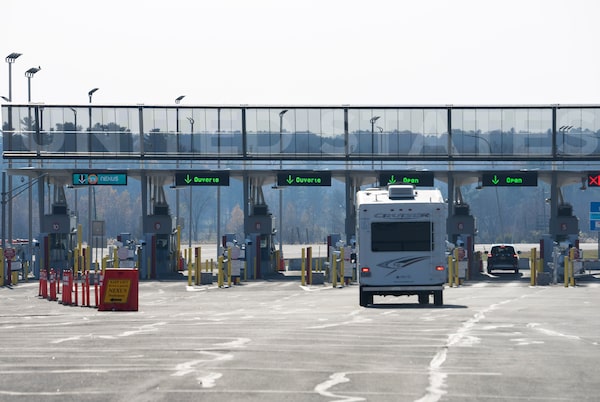Canadian Snowbirds May Soon Enjoy Longer Stays in the U.S.

Each year, thousands of Canadian snowbirds head south to the United States, seeking warmth and relaxation during the cold Canadian winters. These seasonal travelers form a significant part of cross-border tourism, boosting local economies and fostering international connections. Recent developments in U.S. legislation could soon offer even more freedom for snowbirds, making the journey south more appealing than ever.
What’s Changing for Canadian Snowbirds?
A new bill proposed in the U.S. House of Representatives aims to extend the visa-free stay for Canadian citizens from 180 days to 240 days. This change would mainly affect Canadian snowbirds aged 50 and over who both maintain a home in Canada and own or lease a residence in the U.S. The intention is clear: to encourage longer stays, support U.S. tourism, and provide economic benefits to communities that rely on Canadian visitors.
For more detailed coverage on the proposed bill and its implications, you can review Global News' report on the Canadian Snowbird Visa Act. According to the article, the new regulations focus on helping job growth and reinforcing the special bond between the two neighboring countries.
How Will the Changes Impact Snowbirds?
Many Canadian snowbirds are thrilled at the prospect of extending their time in the sunnier regions of the United States. The extra two months could mean avoiding the harshest winter weather up north, resulting in a better quality of life and more opportunities for leisure. Communities in Florida, Arizona, and other snowbird hotspots stand to benefit economically as well.
Additionally, the proposal comes at a time when travel patterns are shifting. Rising insurance rates, currency fluctuations, and new U.S. travel requirements have influenced the decisions of many snowbirds. As The Globe and Mail explains, recent political and economic factors have already encouraged some Canadian retirees to reconsider their travel habits. The new legislation is seen as a positive response to these changing needs.
Requirements and Considerations
It’s important for Canadian snowbirds to understand the specific requirements of the proposed extension. To qualify, individuals must:
- Be at least 50 years of age
- Maintain a residence in Canada
- Own or lease a home in the United States
Travelers should also stay informed about additional U.S. registration requirements for longer stays, as regulations may continue to evolve. The legislative process is ongoing, so snowbirds are advised to keep an eye on official updates and reliable news sources.
The Broader Impact on Canada–U.S. Relations
Allowing Canadian snowbirds to spend more time in the U.S. could enhance cross-border goodwill while providing a financial boost to American communities. As highlighted in several reports, the move is designed to bolster local job growth and strengthen international ties. However, some critics, such as those featured in a critical local opinion piece, voice concerns over the policy’s broader implications.
Conclusion
Life as a Canadian snowbird could soon become even more enjoyable, with longer stays in sunny destinations on the horizon. As legislation moves forward, staying informed through trustworthy outlets and official channels will help snowbirds make the most of these changes. If you are considering extended travel, now is the perfect time to explore your options and prepare for a new season under the sun.